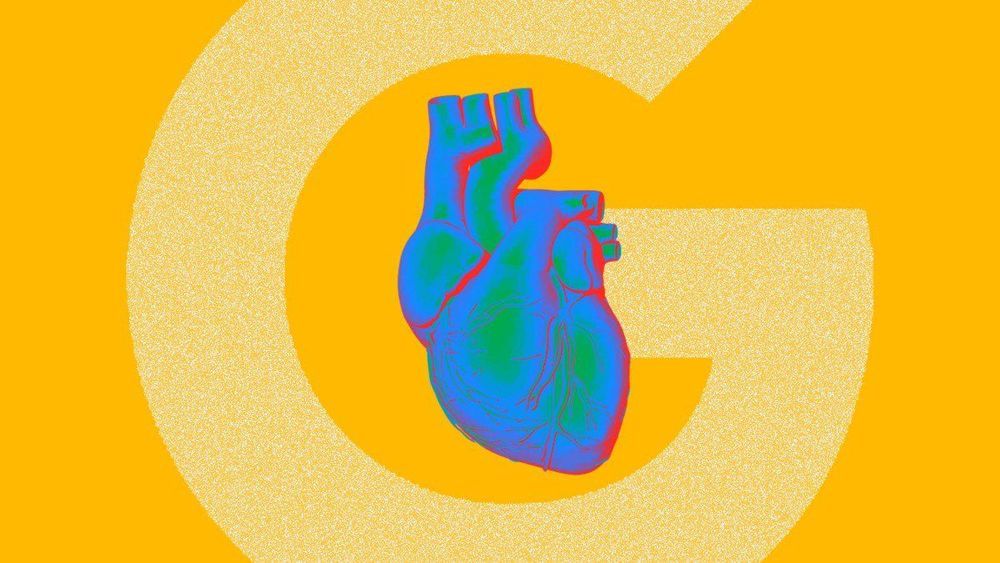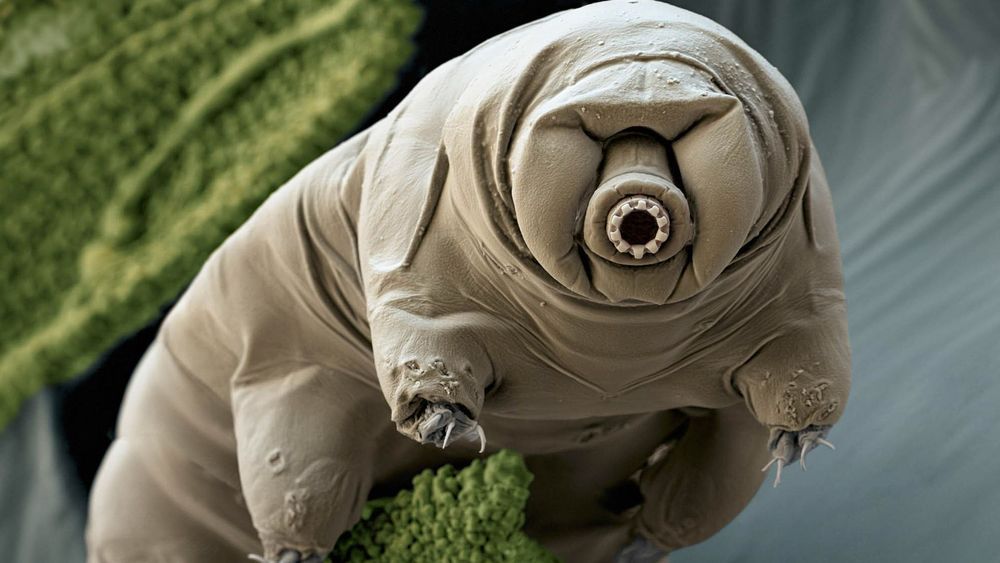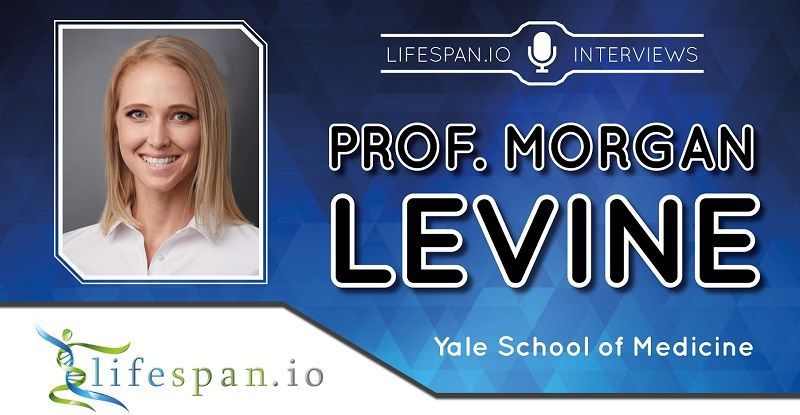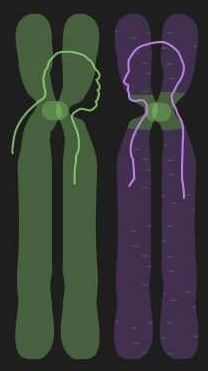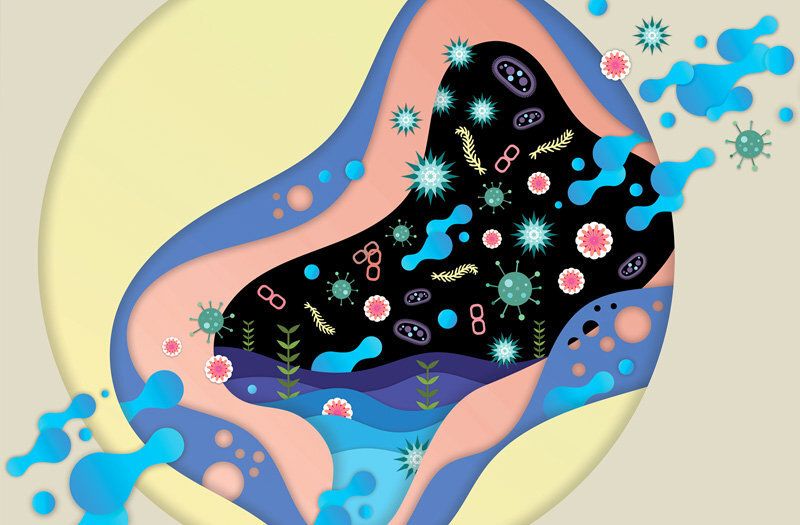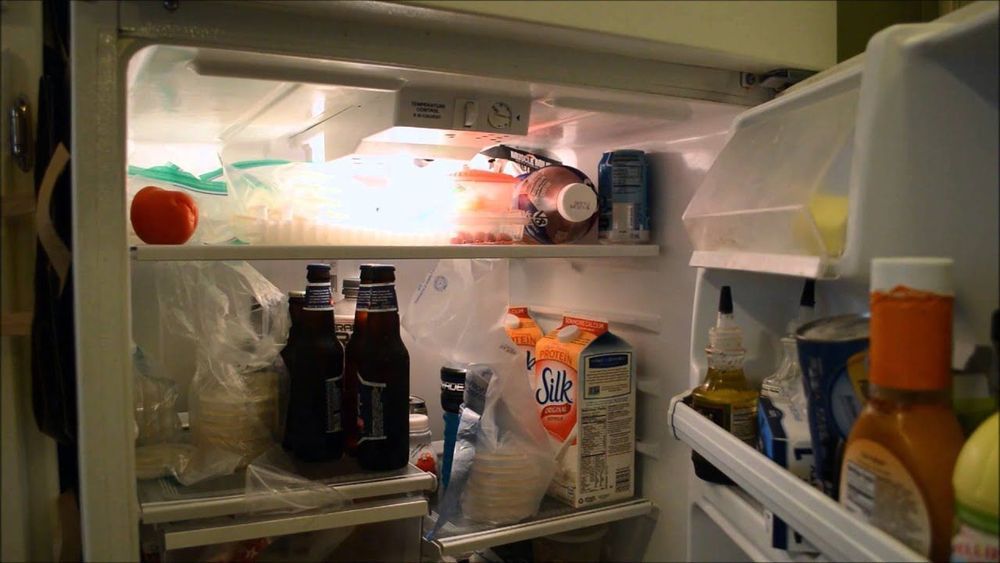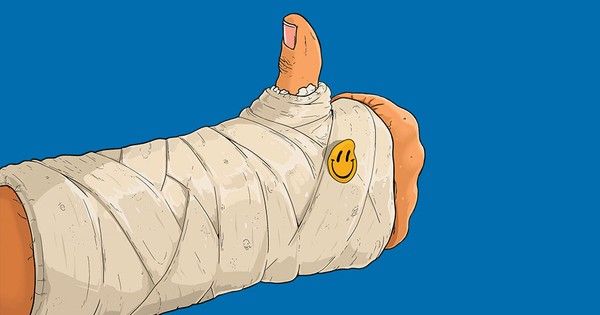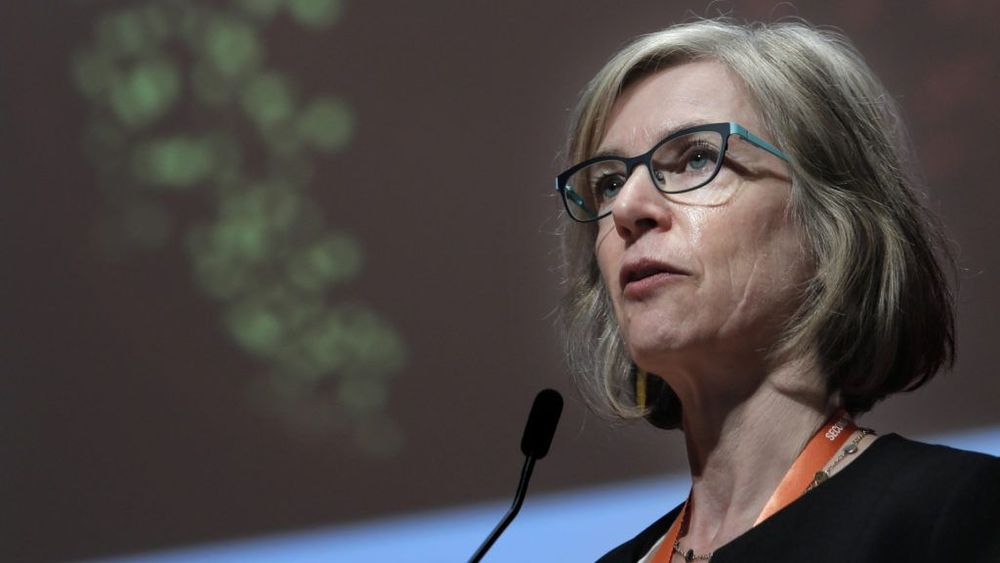Jun 18, 2019
Google backs a bid to use CRISPR to prevent heart disease
Posted by Quinn Sena in categories: bioengineering, biotech/medical, computing, food, genetics, health
Ever wonder why some fortunate people eat chips, don’t exercise, and still don’t get clogged arteries? It could be because they’ve got lucky genes.
Now Alphabet (Google’s parent company) is bankrolling a startup company that plans to use gene editing to spread fortunate DNA variations with “one-time” injections of the gene-editing tool CRISPR.
Heart doctors involved say the DNA-tweaking injections could “confer lifelong protection” against heart disease.
